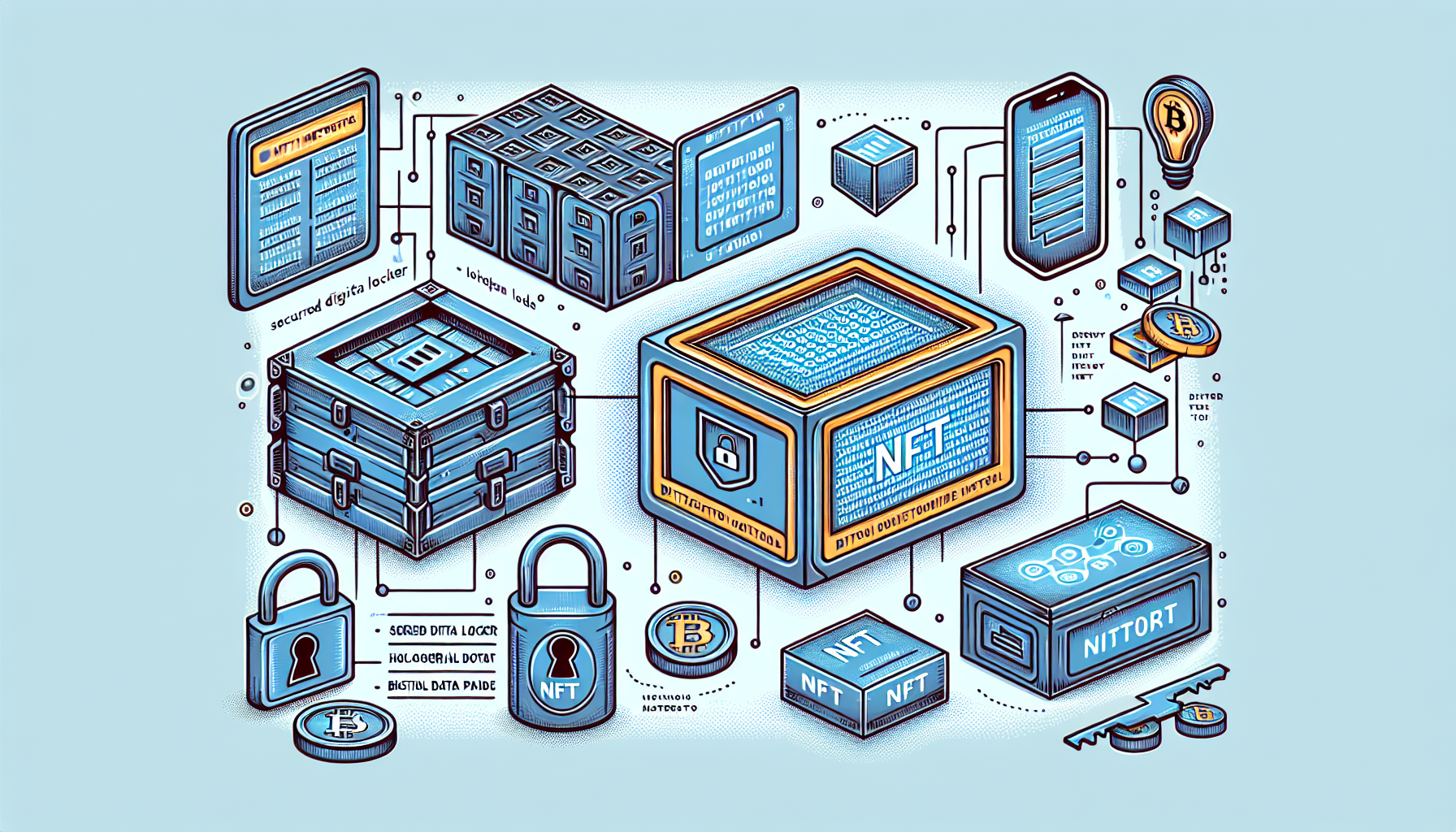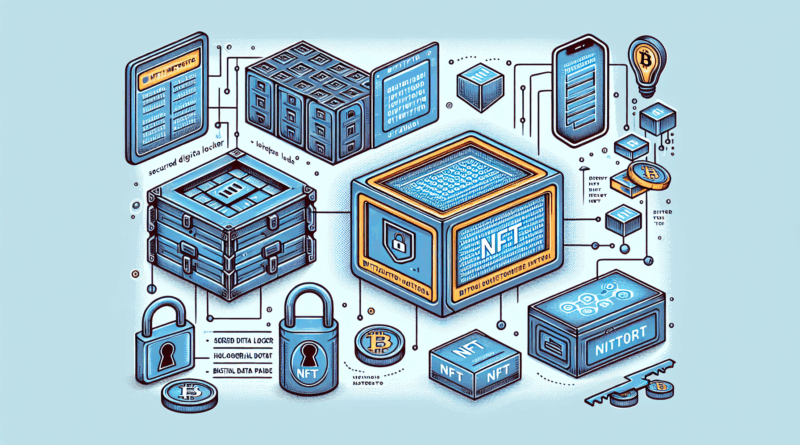Best Practices for NFT Metadata Storage: A Comprehensive Guide
Unlocking the Importance of NFT Metadata Storage
Did you know that over 90% of NFTs rely heavily on metadata for their value? As the NFT market continues to grow, understanding the significance of NFT metadata storage best practices has never been more critical. With millions of collectors and creators engaged in this digital ecosystem, how can you ensure that your valuable NFTs are well-stored and maintained?
What Exactly is NFT Metadata?
NFT metadata is the descriptive data that provides contextual information about the NFT asset, such as its title, description, creator, and links to its digital file. Store this metadata correctly, and it enhances the value and discoverability of your NFT. Think of it as a digital certificate of authenticity—without proper documentation, the value can diminish significantly.
The Best Practices for Storing NFT Metadata
When it comes to NFT metadata storage, consider the following best practices:

- Use Decentralized Storage Solutions: Storing metadata on decentralized platforms like IPFS (InterPlanetary File System) can provide better security and longevity than traditional central servers.
- Maintain Redundancy: Create multiple copies of metadata across different platforms to prevent any loss. Resilience is key in the digital realm.
- Ensure Clear Standards: Utilize established standards like W3C Media Types for better interoperability across platforms.
- Regular Updates: Keep your metadata updated to reflect any changes in ownership or attributes, ensuring that buyers are getting accurate information.
Long-Term Considerations for NFT Creators
What are the long-term implications of your metadata storage choices? According to a recent Chainalysis report, 40% of NFT creators neglect to properly store metadata, risking their NFTs’ sustainability. Here’s what you should keep in mind:
- Scalability: Choose solutions that can easily scale with your growing collection. Your storage system should seamlessly accommodate more NFTs without a hitch.
- Compliance and Legal Check: Always consider where you’re storing your metadata; ensure you’re in compliance with local laws related to data storage and copyright.
Conclusion: Elevate Your NFT Game Today!
To protect your NFTs and their associated metadata, implementing best practices is a necessity. As the NFT space evolves, so should your storage methods. Don’t overlook the importance of metadata in this digital asset revolution! Start enhancing your NFT experience by adopting these storage strategies today. Ready to secure your digital assets? Visit bitcoininfoworld!
Disclaimer: This article does not constitute investment advice. Please consult a local regulatory body before proceeding with any NFT transactions.
About the Author: Dr. Emily Hart, a leading expert in blockchain technology, has published over 30 papers in the field and has been involved in the auditing of renowned blockchain projects. Her insights aim to empower creators and collectors alike.




